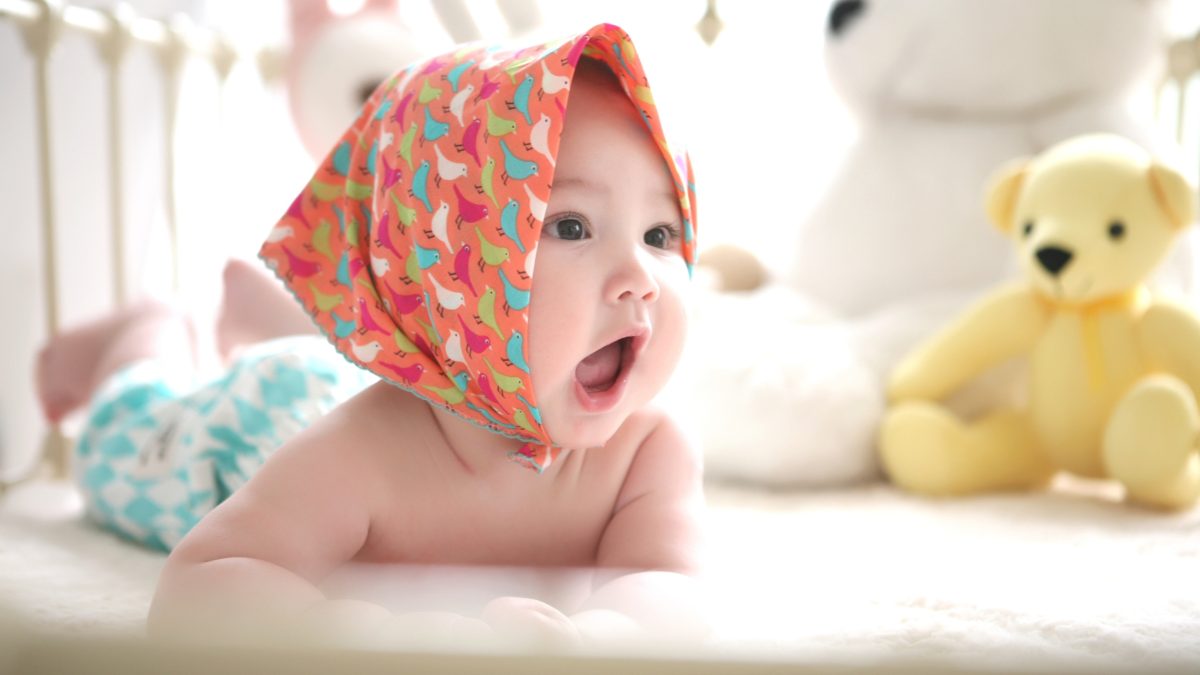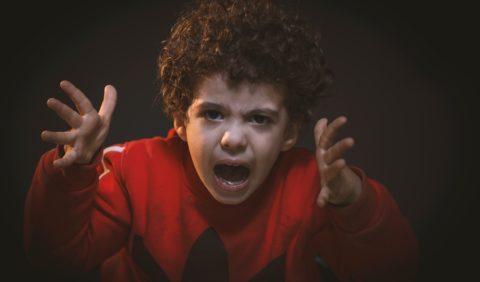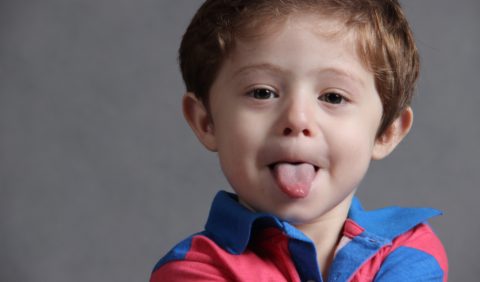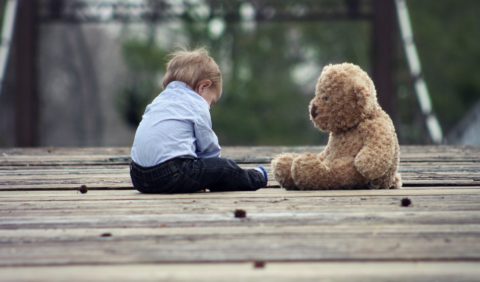Swearing

Swearing is a developmentally normal behaviour in early childhood.
Hearing a child swear for the first time can be horrifying and can definitely evoke a reaction.
Be mindful when you hear a child use profanity that for the most part they are experimenting with words as their vocabulary grows.
A lot of the time children don’t understand or know the meaning of or the impact of the words.
Some children might swear to express their frustration or get attention.
There are many ways we as adults can deal with a child using profanity, often ignoring is the most efficient.
Children hear “bad” language in all aspects of their everyday life, in general conversation, on TV, from others, etc.
They will often repeat it for various reasons from trying to be accepted by their peers, to experimentation, to just simply copying what they have heard.
It’s important to teach our children acceptable and respectful ways to express themselves, especially when they are frustrated or angry.
Swear words often appear to have power for a child as they are forbidden or have shock value.
Research shows that by the age of 5 years a child will know 42 “taboo” words.
Strategies for addressing and preventing inappropriate language
- Stay calm and don’t react angrily. Shock and outrage will encourage children to repeat it to evoke another like response. Giving attention to the behaviour will result in reinforcing it. Yelling or getting angry may be a natural tendency, however, it will only act as a reaction to encourage reinforcement for the child. Additionally, yelling or getting angry also serves as a model poor emotional regulation around handling strong emotions.
- If you find that the profanity is not reducing you can introduce age appropriate consistent consequences for if they continue to repeat. Always provide a warning.
- Let them know how it makes you and others feel. i.e. sad, hurt, and disappointed. Don’t lecture them but let them know you don’t like it and will ignore it.
- Validate what they are feeling. Discuss with them other acceptable ways to show their feelings.
- Ignore the behaviour. The less attention they receive the less they will want to repeat it. If it doesn’t evoke a response or reaction that they were trying to achieve may act as a deterrent. (This is not always possible and is not recommended if there is a safety issue attached to the language).
- Plan ahead and be prepared for situations. Consider how you will approach the situation when they do swear. identify if there are triggers to their swearing and try to prevent the situation to alleviate the swearing before it occurs.
- Redirection or distraction may take the focus of the swearing.
- Model the appropriate or desired behaviour and language. Often children will copy the behaviour they see and hear. If there is swearing in the home or their environment a child will often copy what they have been exposed to. Children need to learn, through modelling, how to behave or what is socially acceptable or not in various social settings and contexts.
- Laughing will reinforce the behaviour. It generally strengthens their use of the words into their vocabulary.
- Praise and notice when they use appropriate words. Praise all attempts. Noticing a child trying is important. There may be slip ups but a child trying to express themselves without the use of profanity is important to make note of and acknowledge positively.
- Be consistent in your approach.
- Place clear boundaries.
- Discuss appropriate language and what they were trying to say and express their emotions. Help them to learn words to express themselves with their feelings.
Avoid if you can
- Washing their mouth out with soap.
- Laughing (unless you want it repeated).
- Using bad language in response.
- Severely punishing.
These DO NOT work! They will not curb the behaviour. They are not appropriate.
If you wish a child to stop using certain words simply let them know that it is unacceptable to use those words and why. This may require you reminding them on several occasions.






